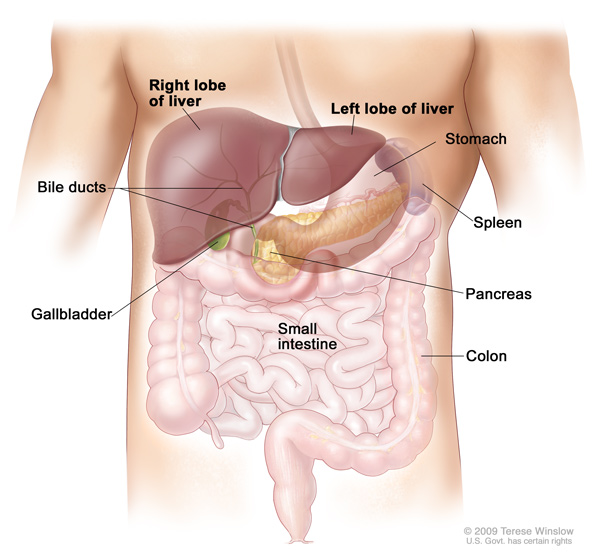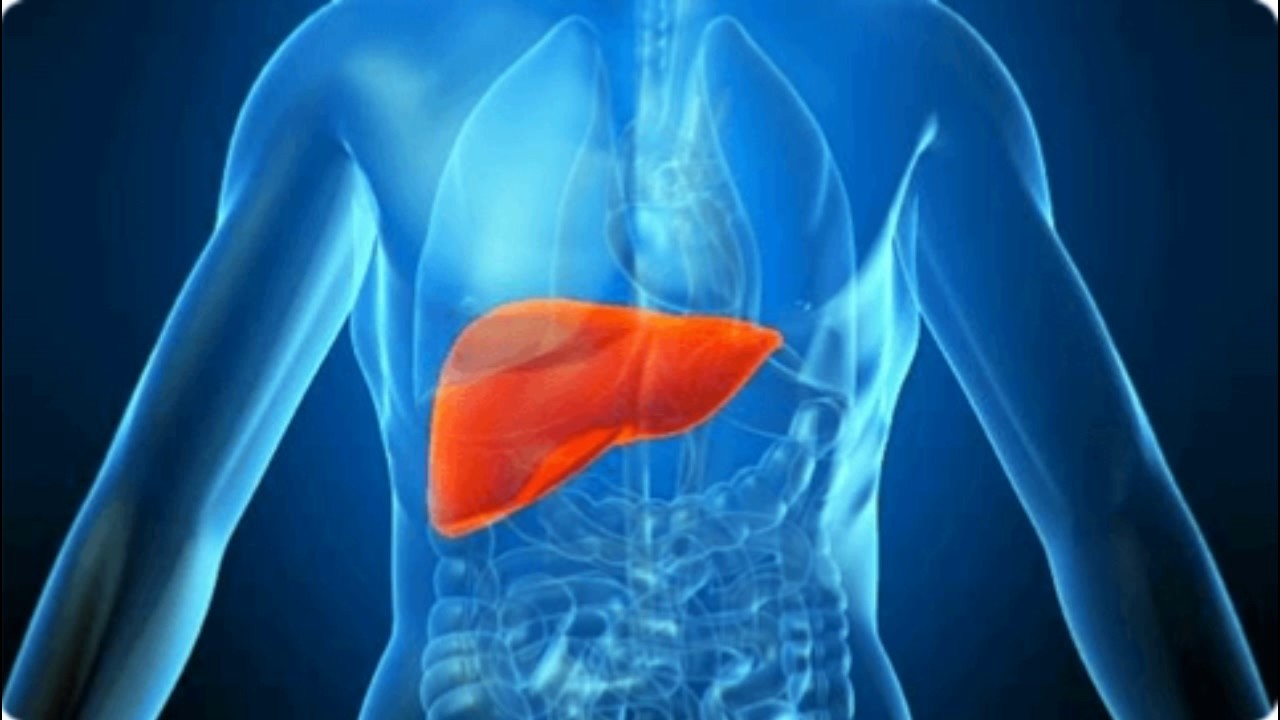
Liver cirrhosis is scarring of the liver that occurs as a result of chronic (long-term) liver damage due to liver cancer. Cirrhosis can lead to various liver diseases. It can be either primary or secondary. Primary cirrhosis of the liver is the most common type of liver disease and is usually associated with alcohol abuse or hepatitis.
Primary liver cirrhosis is the end result of alcohol-induced liver damage. Hepatoma is one of the main causes of liver cirrhosis, and in some cases is also the cause of death. Secondary cirrhosis occurs when liver cells become abnormally deformed due to alcohol consumption or other underlying conditions. Common causes of liver cancer are liver cancer associated with hepatitis B virus, hepatitis C virus, human immunodeficiency virus, or a combination of HIV / AIDS virus and hepatitis C virus.
If you suspect you have cirrhosis, you will need to take two tests – a liver biochemical test and a liver ultrasound. You may also need to have blood tests, such as a CBC and blood cell count. Your doctor will also recommend surgery if liver cirrhosis has reached the point where surgery is required.
Inflammation of the liver can be the result of a number of factors, including hepatitis, alcohol abuse, and certain medications (antibiotics, steroids, and other drugs). In rare cases, cirrhosis of the liver is caused by infections of the tissues surrounding the liver. When the liver is unable to remove waste from the bloodstream, it creates a buildup of toxic chemicals. Eventually, these chemicals can calcify and block the bile ducts. The result is cirrhosis of the liver.
Liver failure can cause many complications. These complications include jaundice, infection of other organs, kidney failure, and cancer. Symptoms of hepatitis may appear, including itching and bleeding when touched.
In addition, liver failure can also cause depression, anxiety, stress, and depression. Patients with cirrhosis of the liver can also exhibit many of these symptoms. The liver is responsible for detoxifying substances, including fat, cholesterol, and toxins from the bloodstream. When these substances build up in the body and are not removed properly from the bloodstream, they can form toxic deposits that build up in the blood. If left unchecked, this buildup leads to various liver diseases.

Some of the most common liver diseases are cirrhosis, hepatitis, and gallstones. If these conditions are left untreated, they can lead to a number of other problems. Liver failure is also associated with various forms of cancer such as colon cancer, liver cancer, and bladder cancer. If left untreated, they can also cause death.
While cirrhosis does not directly affect the ability of most people to do physical work, it can have a very negative impact on their mental and emotional health. The patient may suffer from depression, anxiety and loss of control. He may have a decreased quality of life and even develop other disorders due to this condition.
If left untreated, liver failure can eventually cause liver cancer. It is important to remember that liver cancer is often a precursor to other forms of cancer. In particular, liver cancer can be primary or secondary. Those with cirrhosis of the liver may notice that they are showing the first signs of liver cancer and their condition worsens over time.
Liver cancer is also one of the most common cancers that develop in patients with cirrhosis of the liver. This type of cancer is often cancer that spreads to other parts of the body through the bloodstream. If left untreated, it can spread to the lungs and heart, resulting in death.
If you suspect you are suffering from cirrhosis, it is important to see your doctor for diagnosis and treatment. You should also talk with your healthcare provider about all possible treatment options, such as possible treatments and other treatment options that may be recommended.
It is also important to remember that although cirrhosis is a serious form of liver cancer, it is treatable and curable. There are several ways to cure the disease, including surgery. To minimize the risk of complications, it is important to follow a healthy diet and avoid stress.